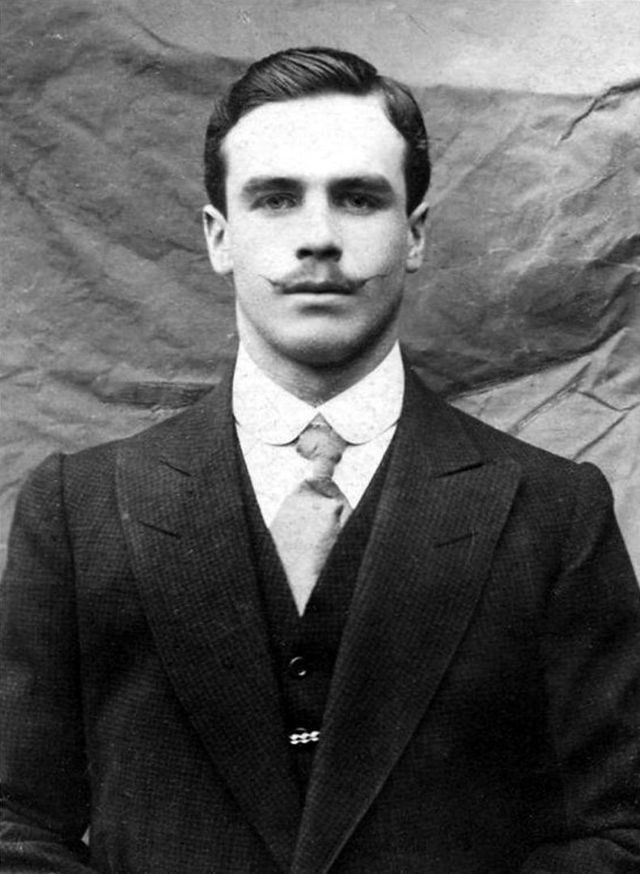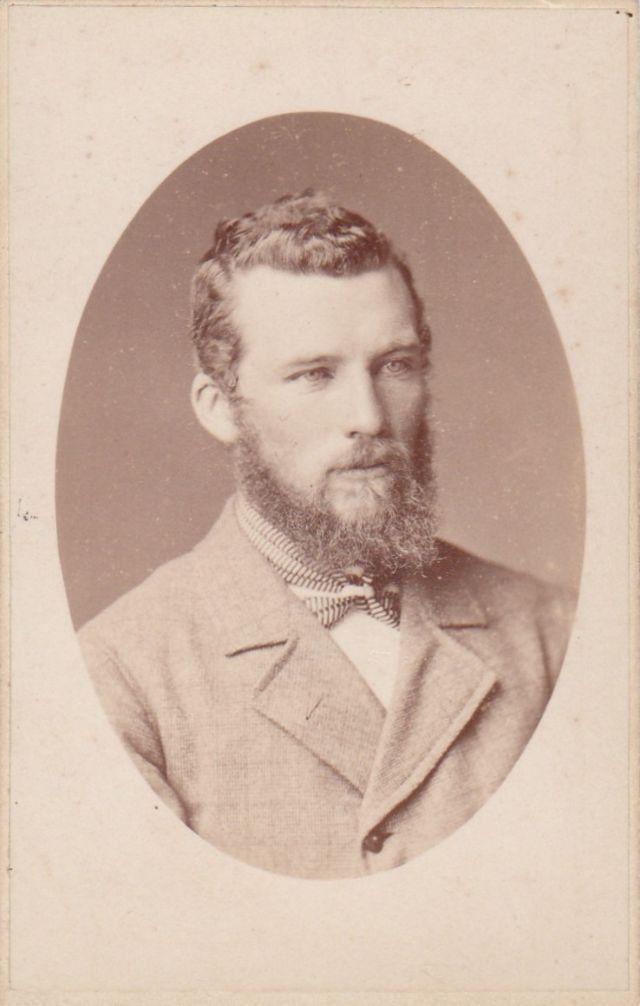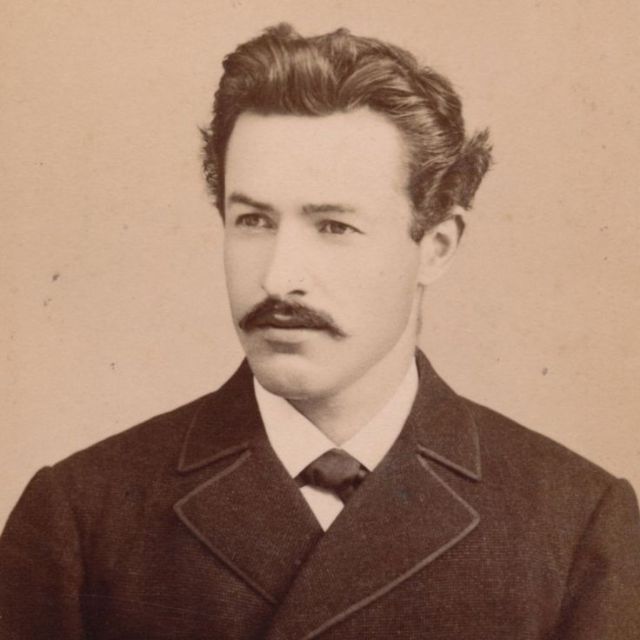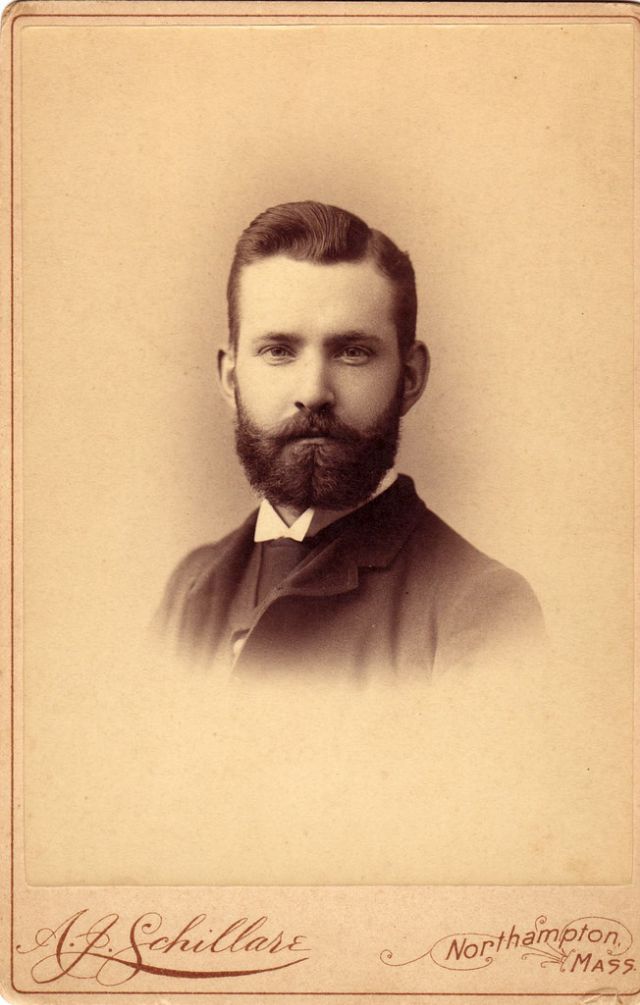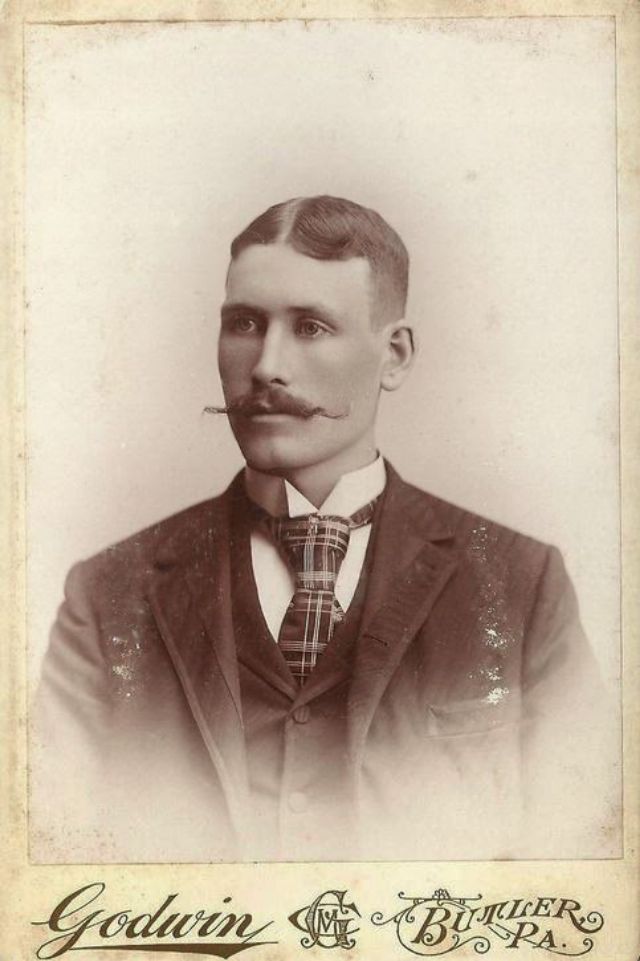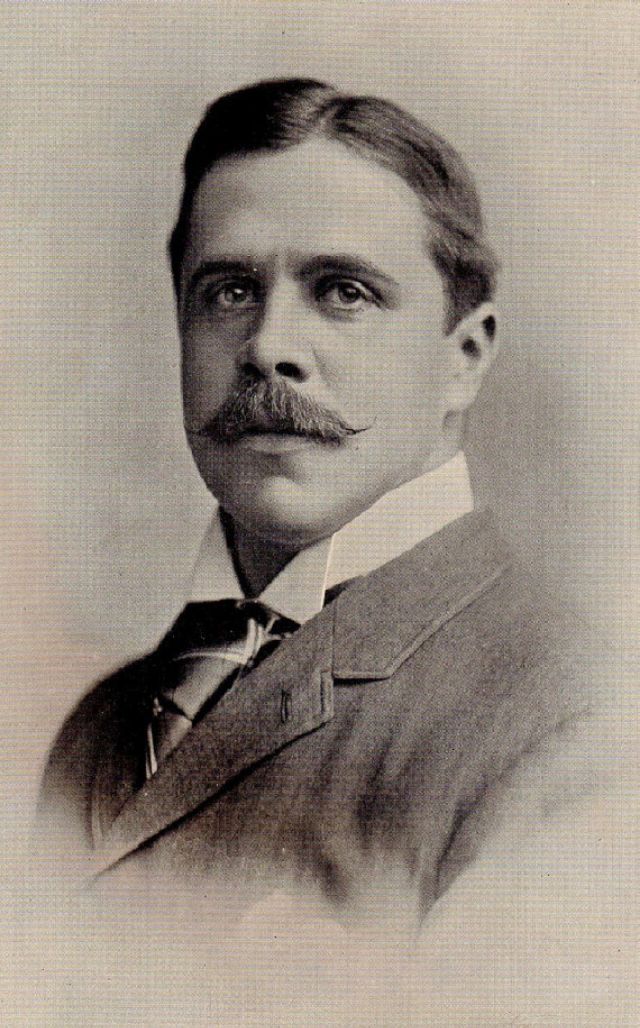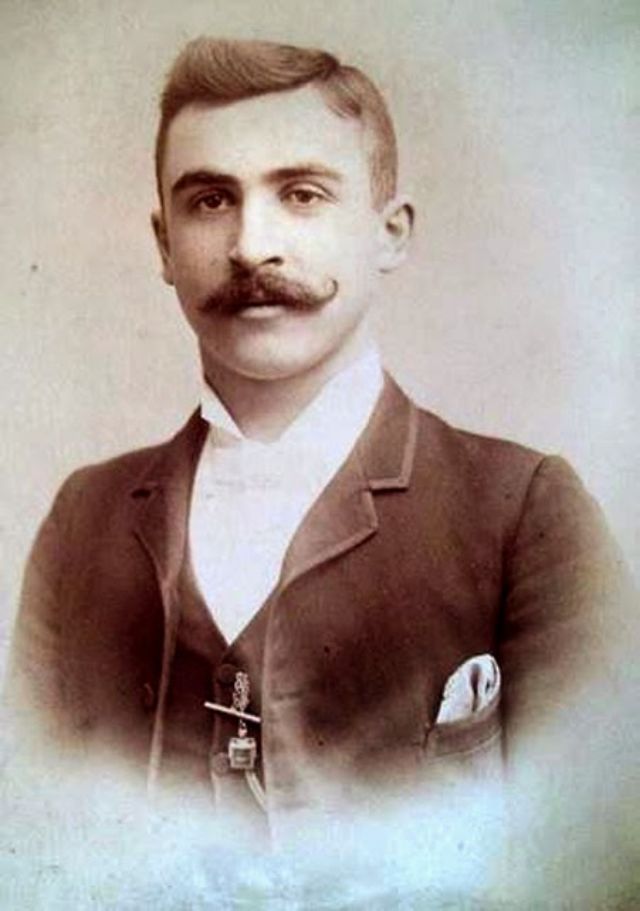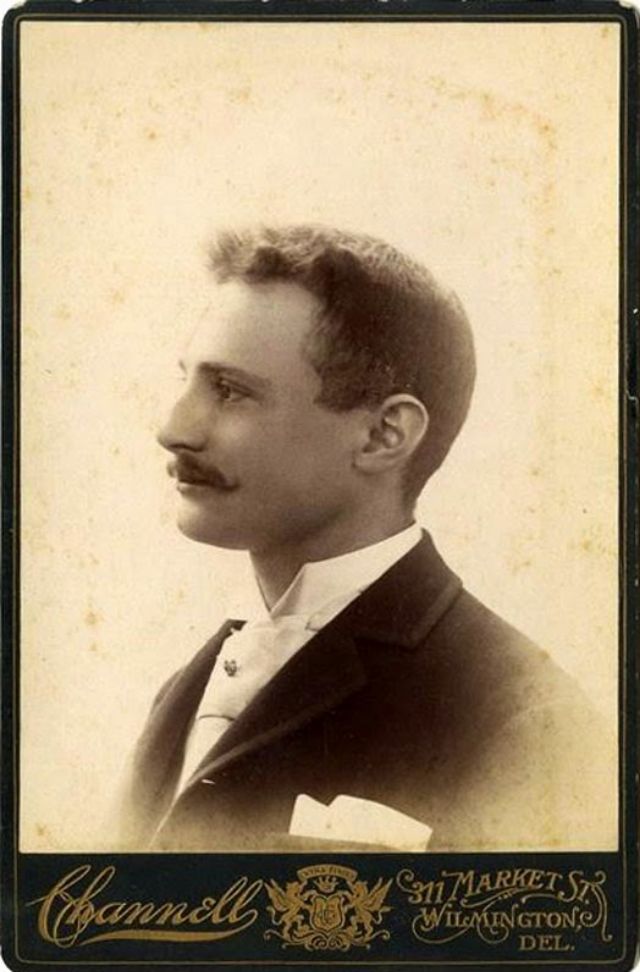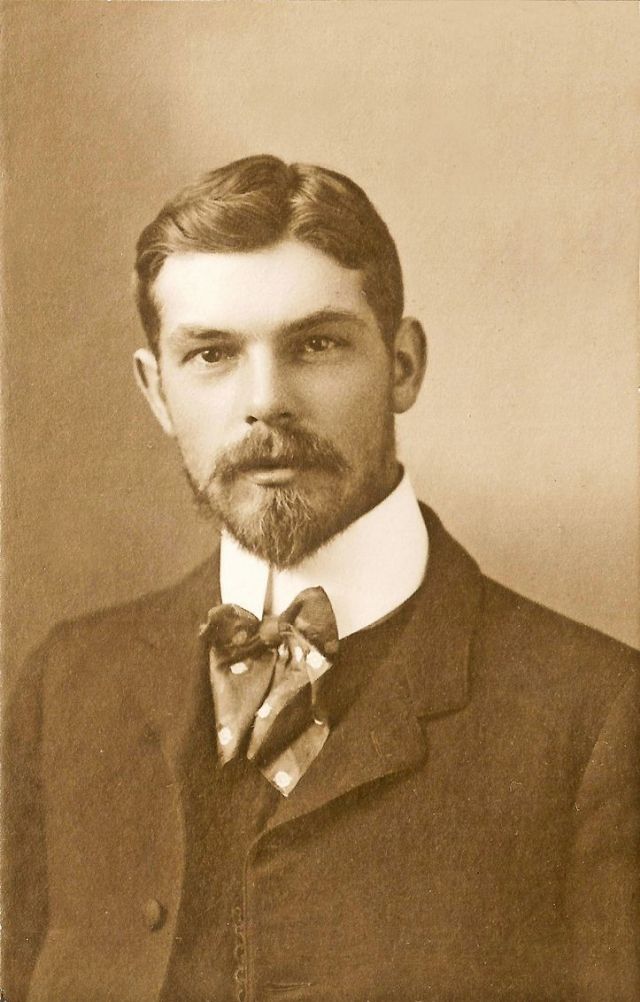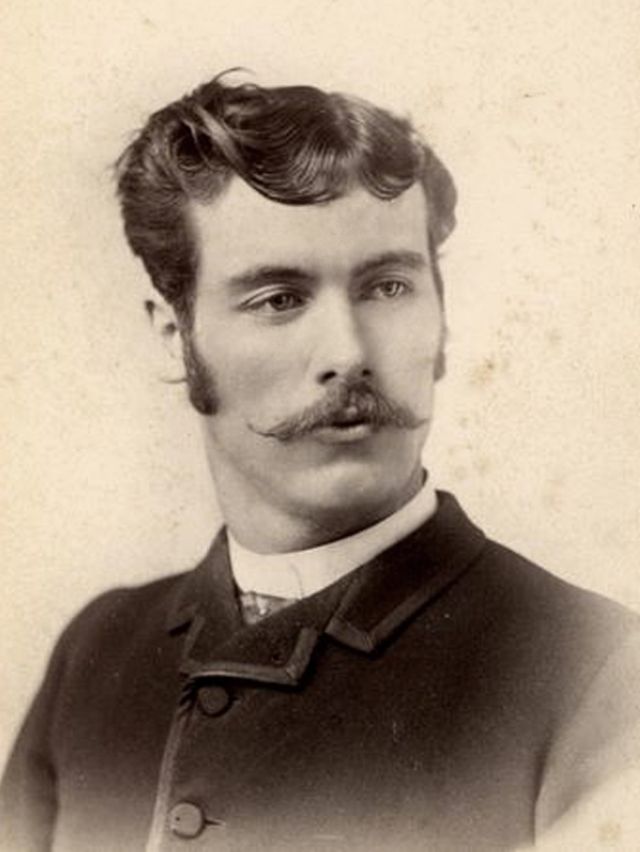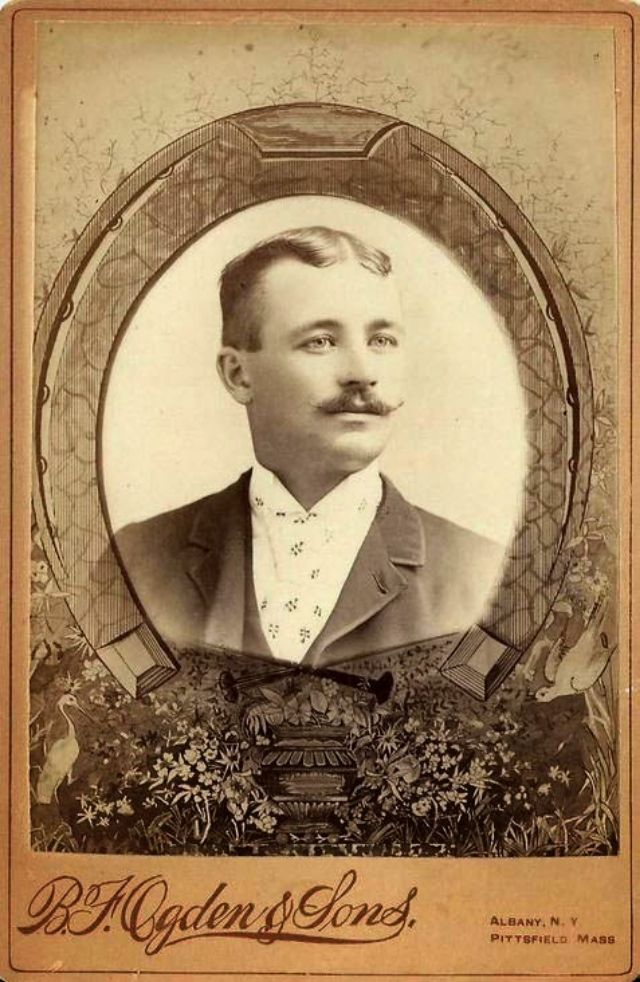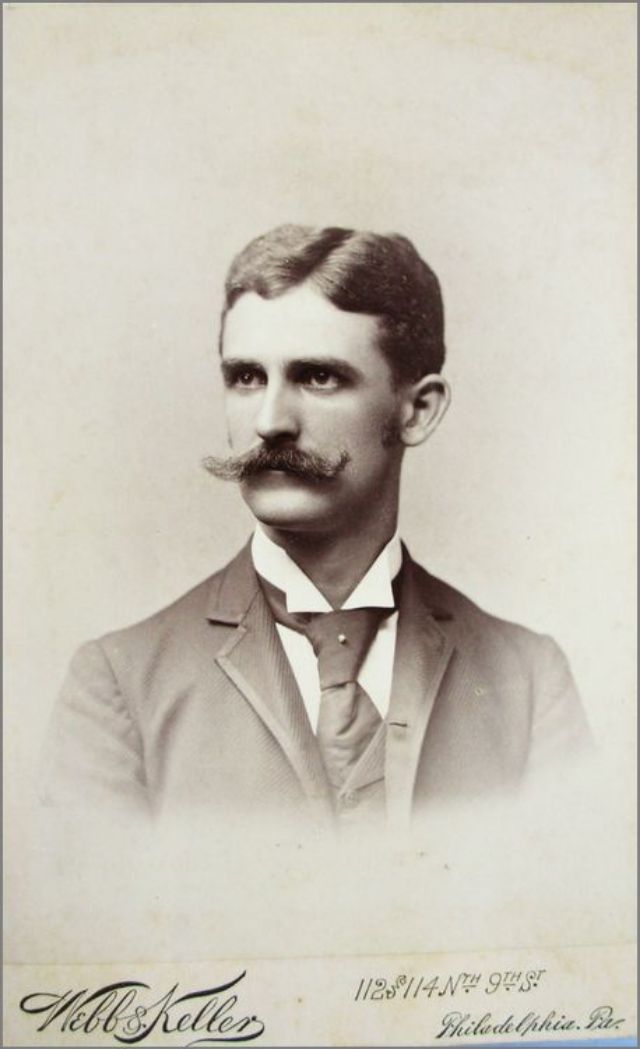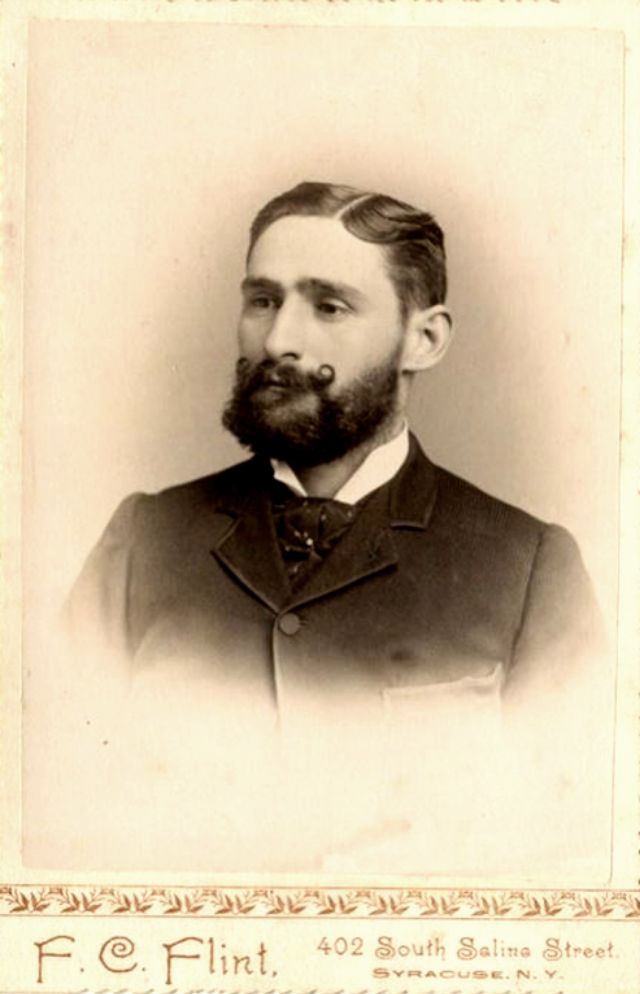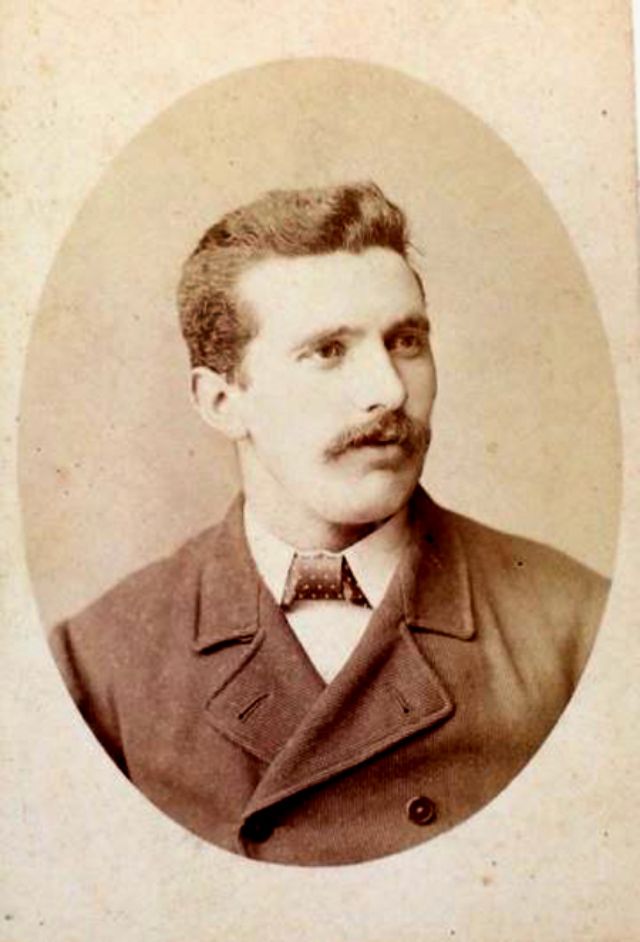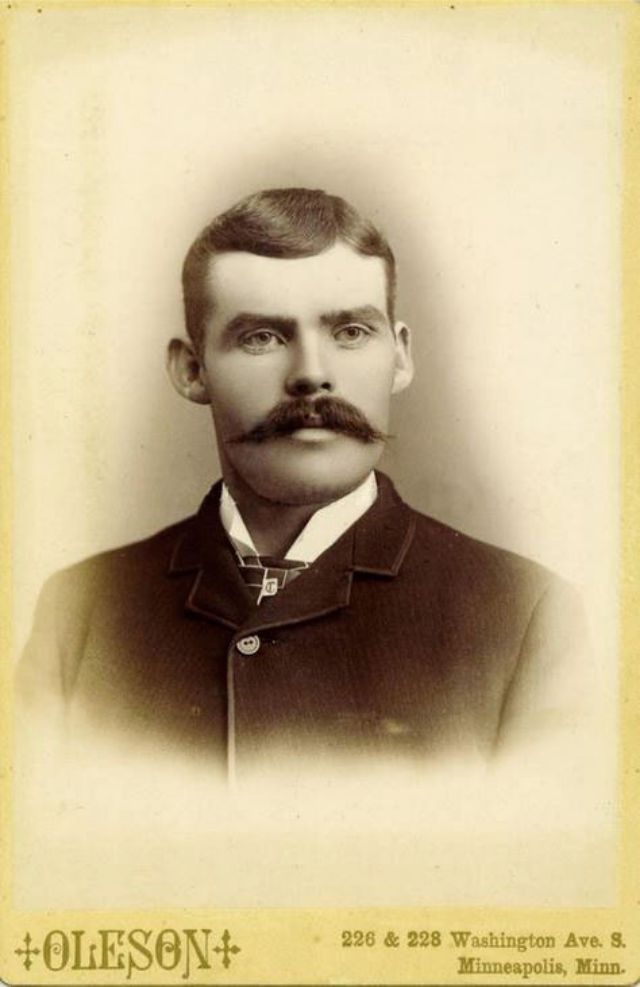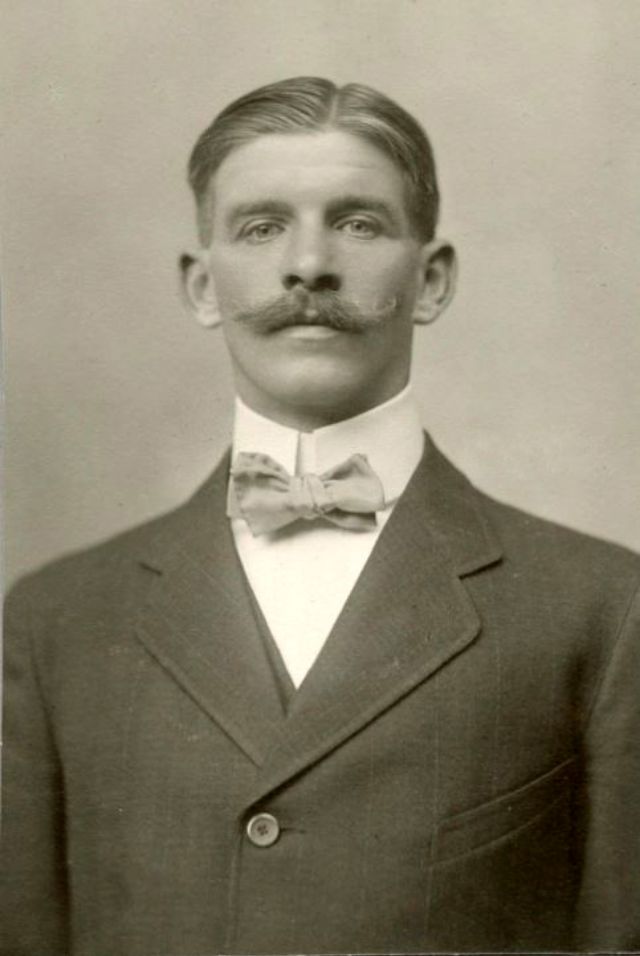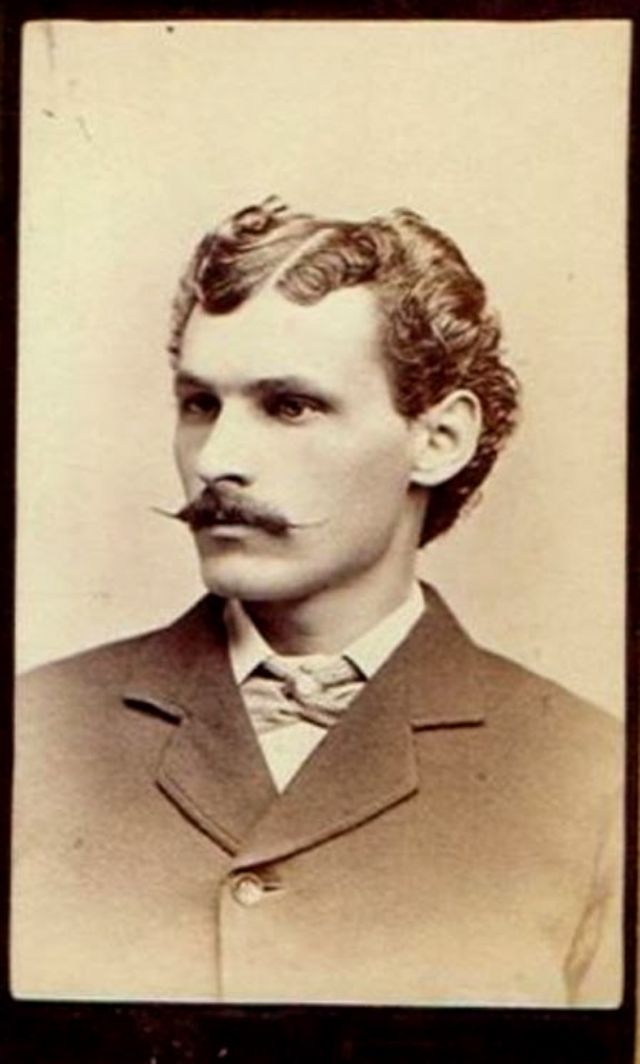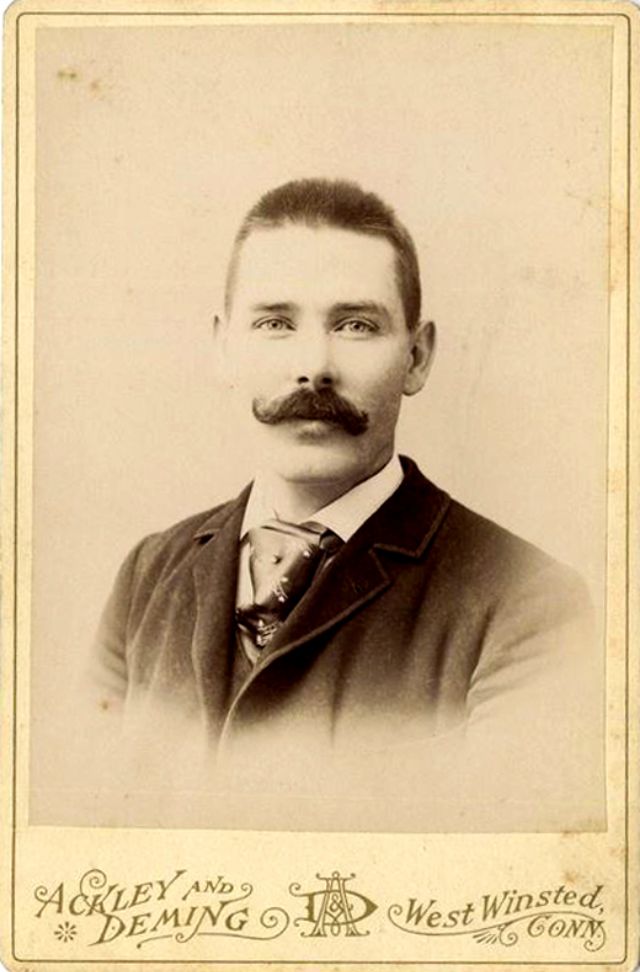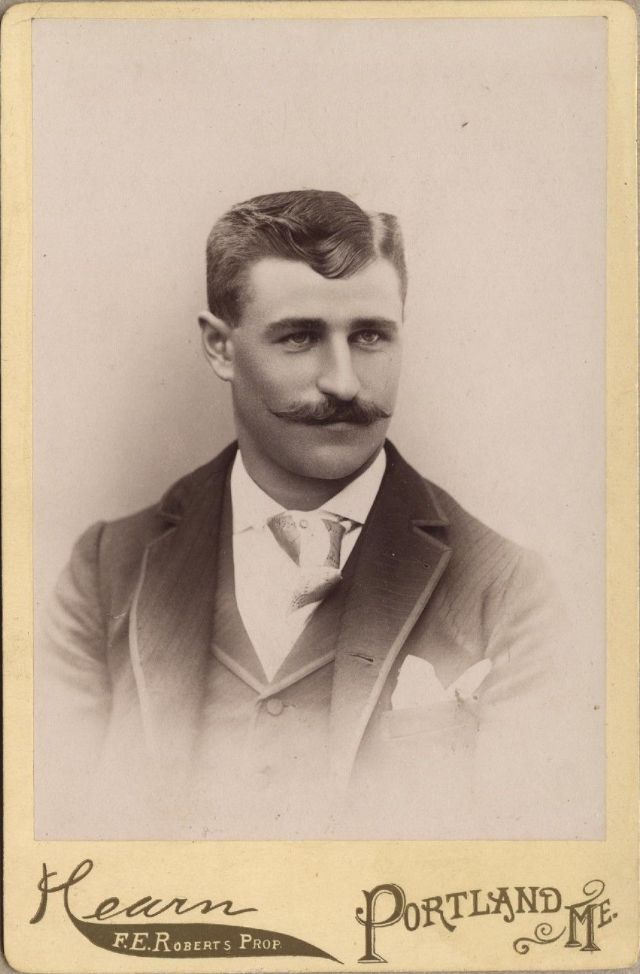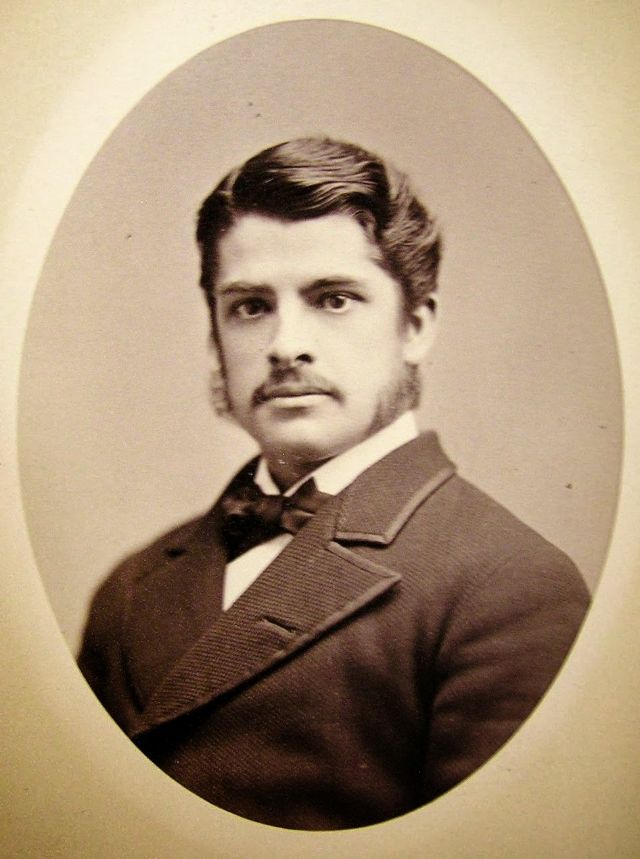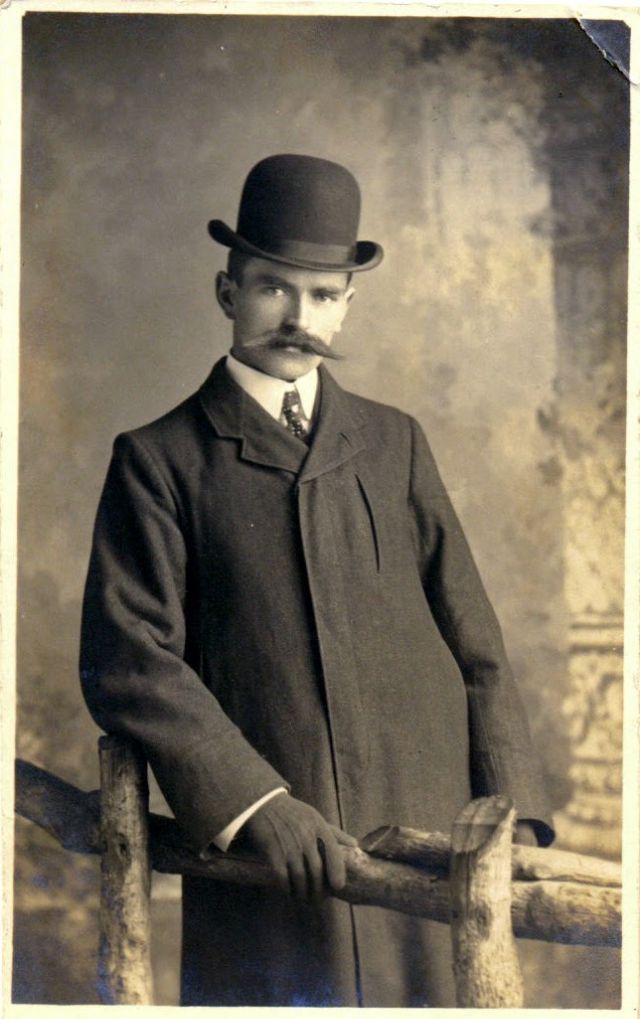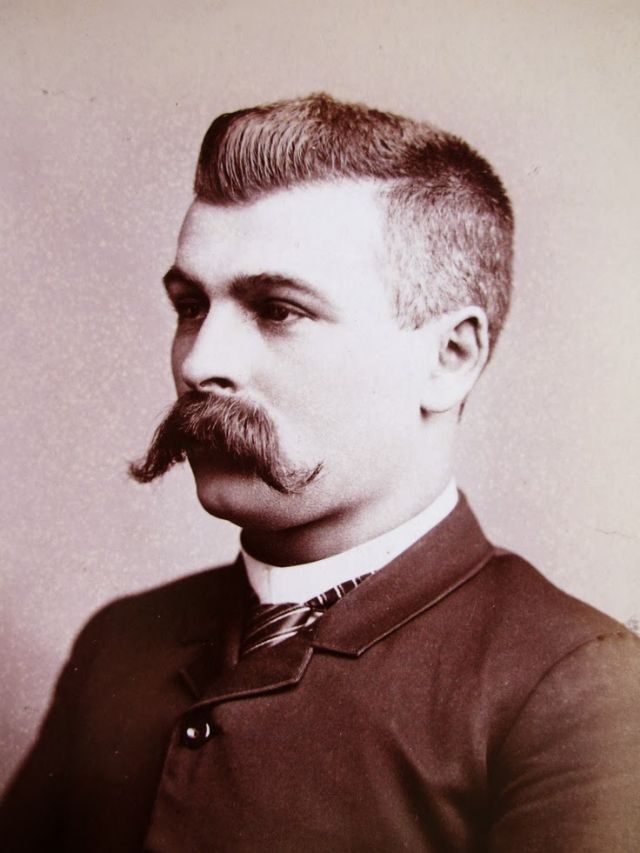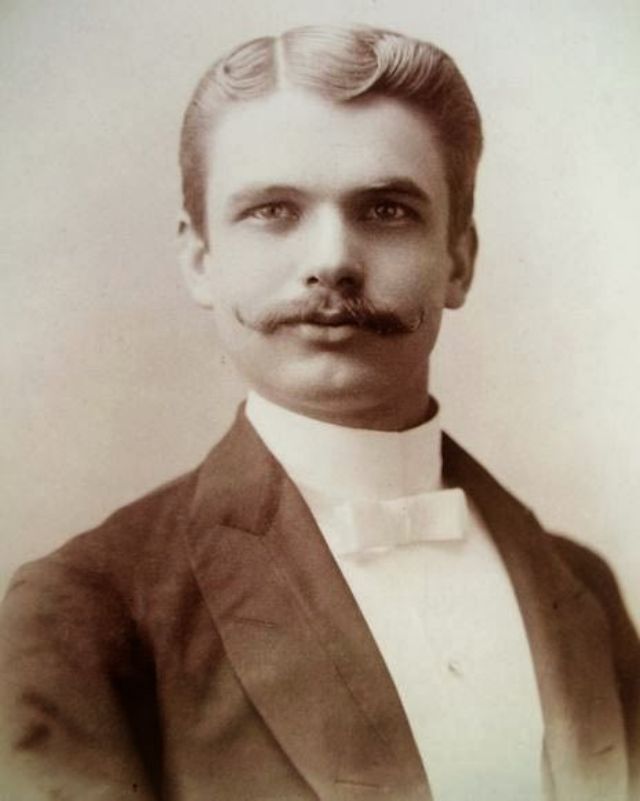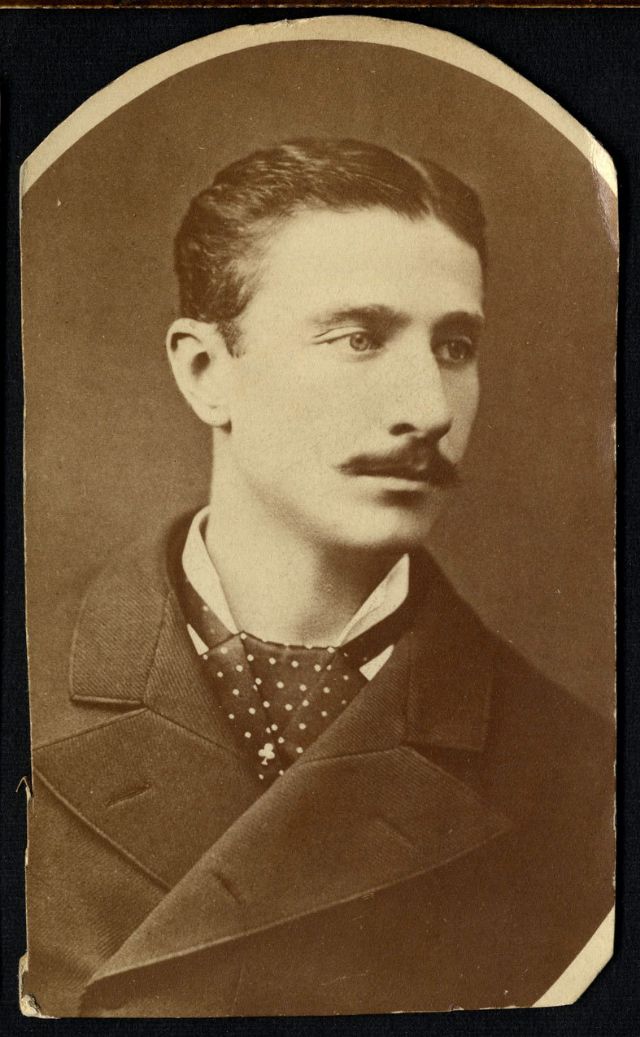During the Crimean War in the 1850s was when men started to really show off a variety of different facial hair styles. Beards had been banned in the British Army until this time, however, the freezing temperatures and harsh winters meant that it was impossible to keep clean-shaven. By the time the troops returned home, beards had marked the shape of a hero. It was from this heroic period when men who had never been in the army, started to grow beards. During the Victorian times, famous individuals such as Charles Dickens and Edgar Allan Poe became hugely experimental with facial hair, from twiddling long mustaches and growing out long beards. These mustaches were pampered: they were trimmed, brushed, combed, dyed, and even curled up at the ends. Great gobs of wax were melted and then applied to the mustache to keep the curls intact. Everything from mustache curlers to wax to snoods (that kept your mustache safe during the night) to modified mugs with a special pierced rim or little bars across known as “mustache lifters” were invented over the course of the nineteenth century to cultivate the requisite sartorial distinction associated with it. In the 1880s, Rudyard Kipling wrote of a woman who complained that being kissed by a man who did not wax his mustache was like eating an egg without salt. Men’s hair in the 1860s was parted on the side and generally combed back from the face. Beards, sideburns, mutton chops, mustaches, and chin whiskers became popular, and some tended to be wild-looking or untidy. In the 1870s, men’s hair was shorter and still brushed back from the face. Beards of all kinds continued to be in style. At the beginning of the decade, beards were more popular than mustaches, but mustaches worn alone were gradually becoming as popular as beards by the end of the decade. In the 1880s, some men still wore beards, but the mustache alone continued to increase in popularity over a full beard. In Britain, the full beard became synonymous with being an older, conservative gentleman, so it declined in acceptance with younger men. Older men trimmed their beards and younger men wore impressive mustaches with or without smaller beards. A center part in the hair was introduced. In the 1890s, men wore short and neatly trimmed hair parted in the middle, just off center, or on the side. As new designs in razors were developed, more men started to return to shaving and the number of clean-shaven men was on the rise. Mustaches were still popular, and the handlebar mustache came into fashion at this time – full, waxed, and pointed at the ends. As the 1900s approached, and then on into the 20th century, facial hair in men gradually declined through the decades.
(Photo credit: Wikimedia Commons / Pinterest / Flickr / Tribstar / EdwardianPromenade.com). Notify me of new posts by email.
Δ Subscribe

